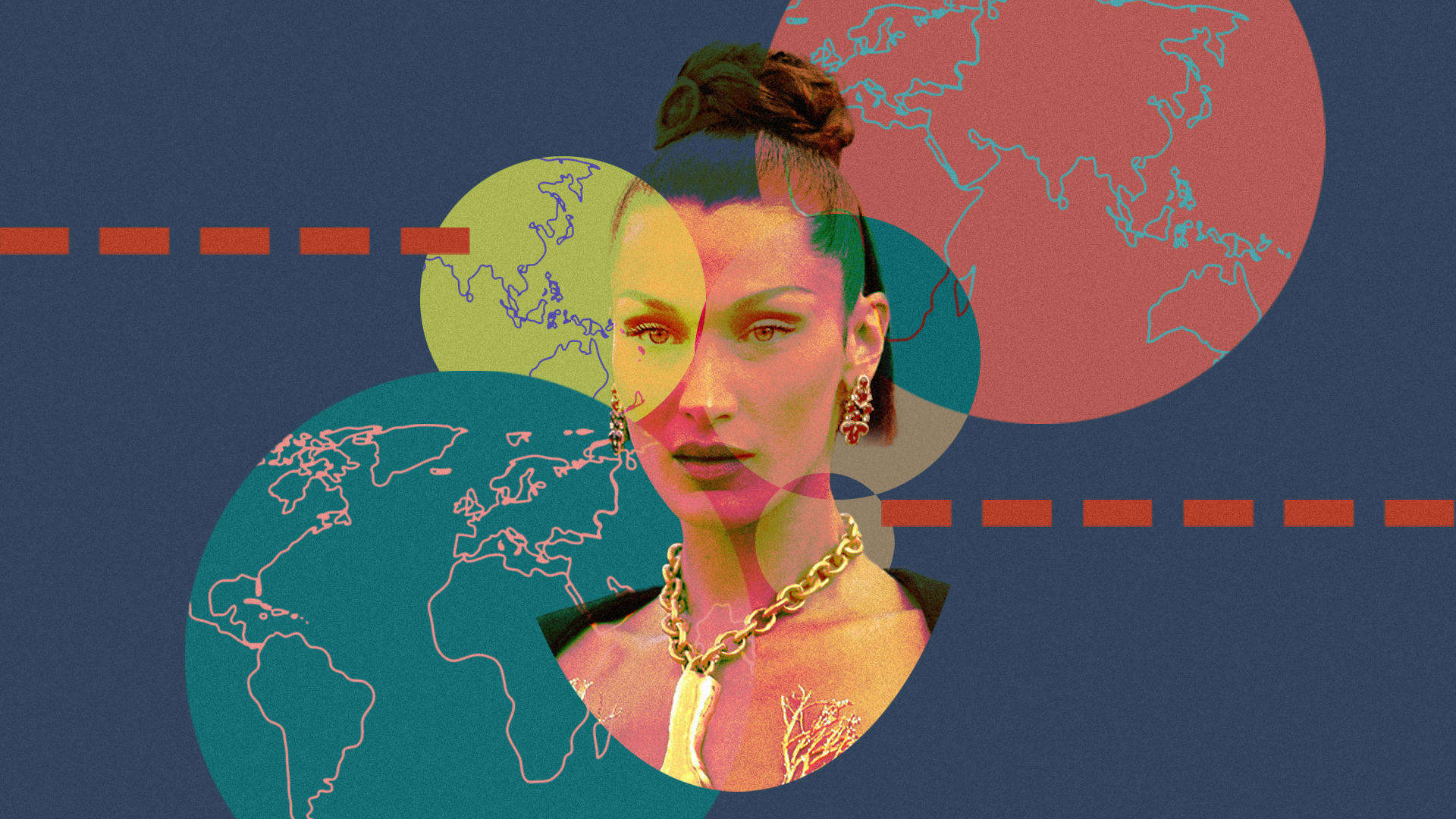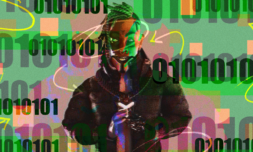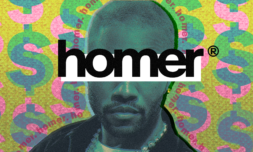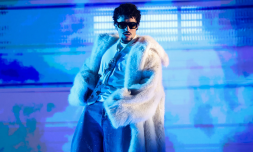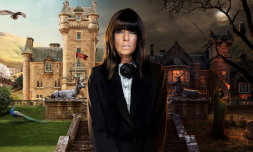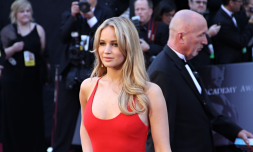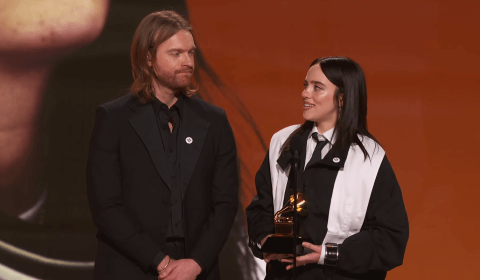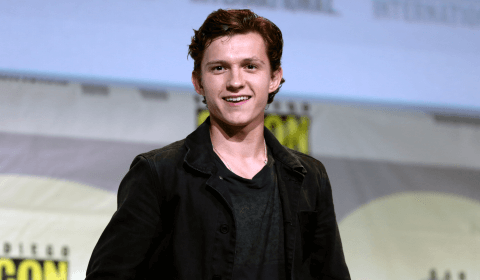Bella Hadid has admitted to losing ‘so many jobs’ and experiencing harassment from both strangers and friends after vocalising her support for Palestine.
Today Bella Hadid would be considered as an ‘it girl’.
Her fashion sense drives global trends, her hairstyles have triggered viral tutorials, and her facial features have boosted the popularity of niche surgical treatments.
With this fame has come equal parts criticism. Bella’s privileged upbringing, white complexion, and drastically thin build have been the subject of debate around inclusion and equality in the modelling industry – as well as the narrow limits of our Western beauty standards.
But while she may be a nepotism baby, Bella Hadid’s flawless appearance hasn’t protected her from racist abuse – a result of her Palestinian heritage and a brazen public support of her home country.
It may come as a surprise that Hadid is ethnically Middle Eastern. The disparity between her idolised appearance in the West, and the vitriols of hate targeted at her Arab community is something Hadid has discussed at length.
In a March interview with Vogue, Bella admitted to regretting a nose job she received at 14: ‘I wish I had kept the nose of my ancestors. I think I would have grown into it’. Her confession of rhinoplasty triggered debates around Eurocentric beauty standards and their parallel with colonisation.
But besides using her career to address the beauty industry, Hadid has remained vocal about the Palestinian struggle throughout her career – a move which, she now admits, has caused the loss of jobs, sponsorship deals, and even friendships.
In an interview with for the Rep podcast, Bella described how outspoken advocacy for Palestine and its people – at a time when the conflict in the country has become increasingly contentious topic in the Western world – has cost her a great deal more than online attacks.
‘I had so many companies that stopped working for me’ Hadid said on the podcast. ‘I have friends that completely dropped me’.
Despite the anxiety Bella has felt after speaking up, the one thing that motivates her to do the ‘right thing’ is her family, the patriarch of which is Mohamed Hadid. Her father was born and raised in Palestinian Nazareth, now considered ‘the Arab capital of Israel’.
Bella and sister Gigi have been open about the strong relationships they hold with their father and his Palestinian family. ‘I know my family enough; I know my history enough. And that should be enough’ Hadid told the Rep.
In the past two years, tensions between the Palestinian population and Israeli forces have mounted. In May 2021, a major outbreak of violence in the ongoing conflict resulted in rocket attacks and Israeli airstrikes in the Gaza strip. The destruction was only abated after a ceasefire was enforced on the 21st May.









